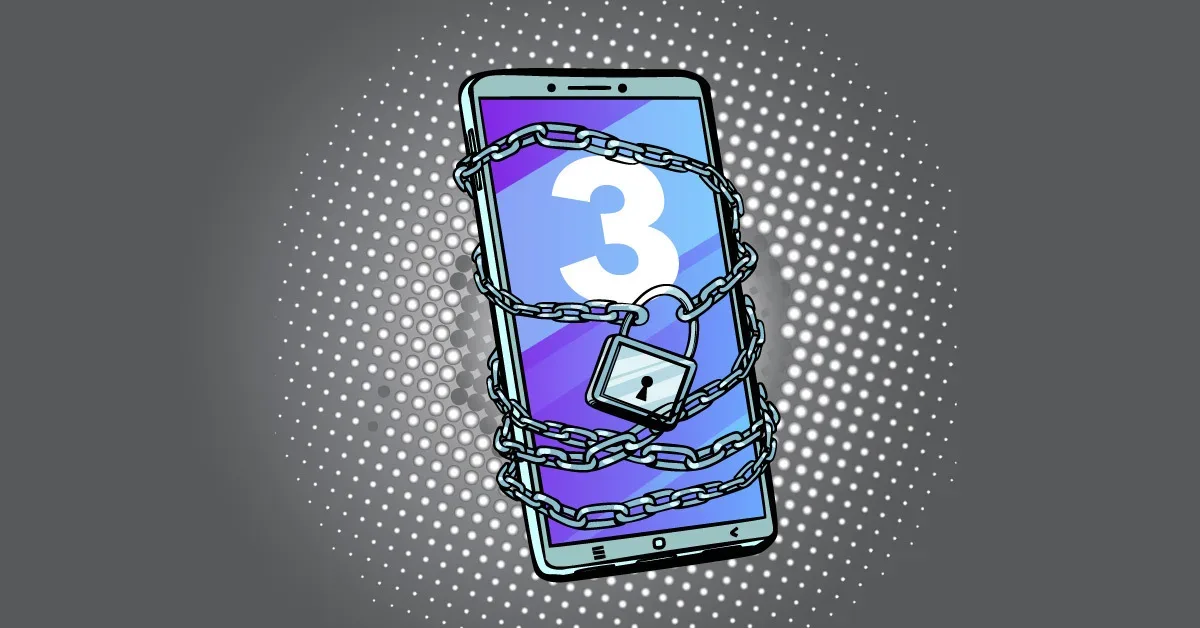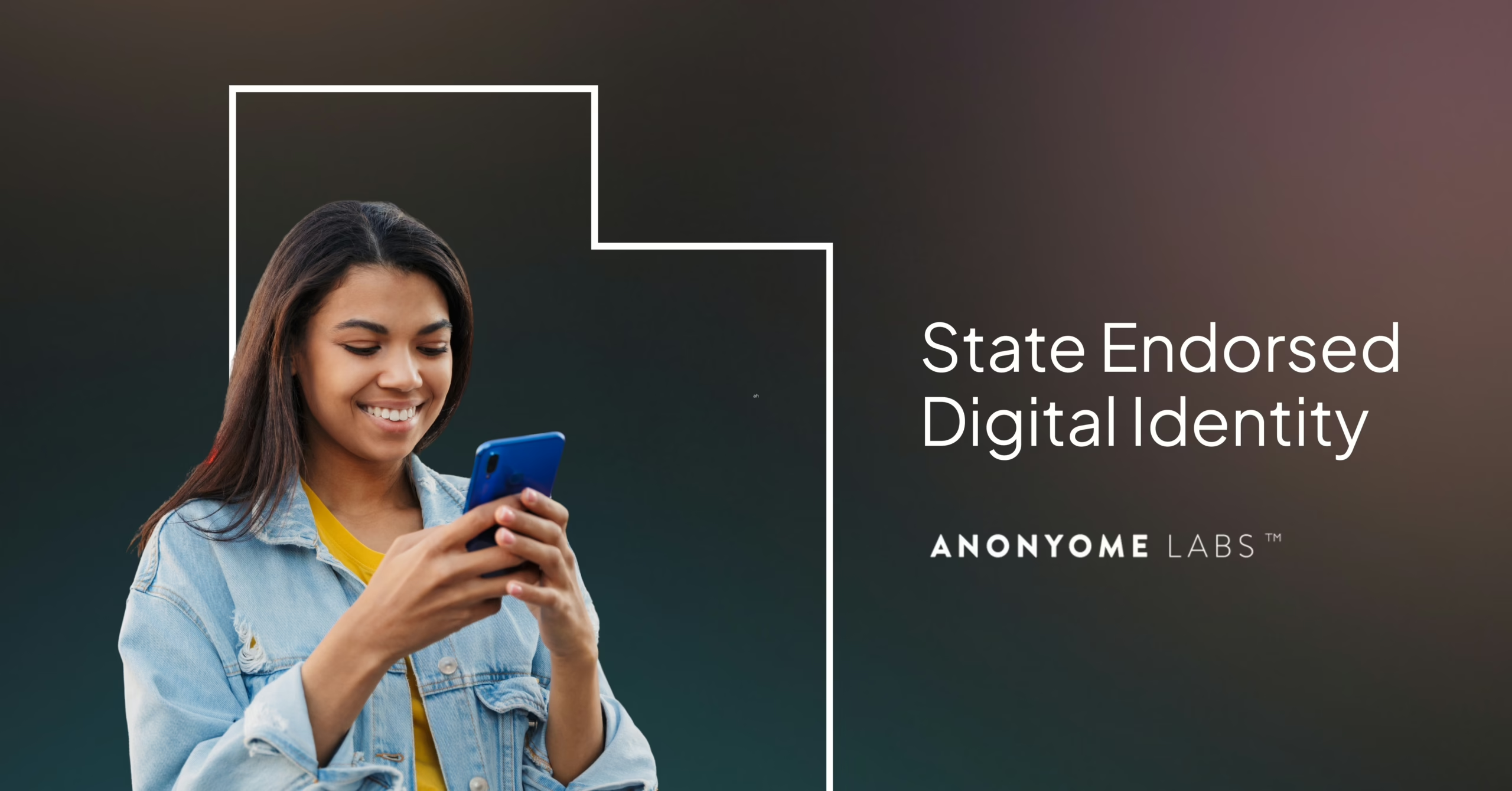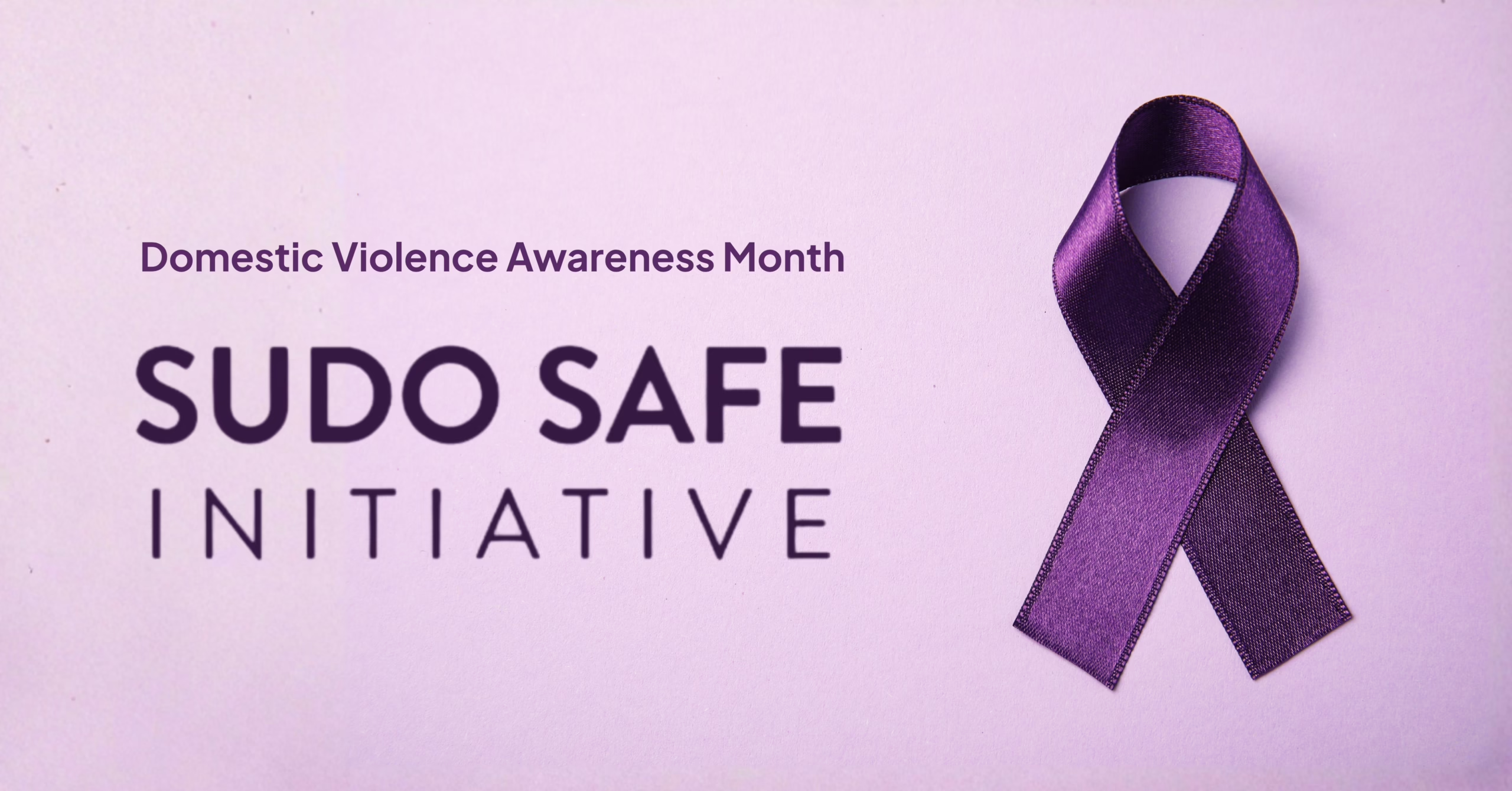A new report on Dark Reading says consumers are more aware than ever of data privacy and security risks and it’s changing their behavior.
Report author Todd Moore, Thales VP of Encryption Products, says US consumers are demanding to make more informed decisions about how organizations are using, storing and processing their personal data, and data protection will heat up as a political topic.
These two outcomes have been coming for some time. Back in 2020 we reported:
- High profile, significant, and regular data breaches have spooked consumers.
- Consumers generally get that they have to trade certain personal information for services, but are now warier of sharing their personal data.
- Consumers want to control their own data and will act to do so if they can.
- Levels of consumer trust for brands is generally low.
- Consumers will abandon brands or delay purchases where they perceive a risk to their personal data.
- The regulatory screws are tightening to protect consumers.
Todd Moore says, according to the latest Thales Consumer Digital Trust Index, the public is taking data privacy into their own hands “as they realize inaction is not an option.” He cites three signs the public has had enough and wants greater data control and protection:
- Consumers are abandoning organizations that suffer data breaches.
- Consumers are demanding organizations delete their personal information altogether.
- Consumers are more alert to suspicious activity on their accounts.
“These actions show that data security is a priority for consumers, and it’s good practice for organizations to enable them to share this responsibility, in part,” Moore says. To us it also says that the cohort Cisco calls privacy actives is flourishing.
So what is a company to do? Building customer trust around data protection and privacy is essential. Back in 2020, half of the respondents in McKinsey’s annual survey of US consumers said they are more likely to trust companies that ask for minimal personal information and only information related to the product they’re purchasing. They also are more likely to trust brands that don’t collect passive data (e.g. browsing history), and those that promote privacy within their products.
This is a wake-up call for enterprise.
The 2022 Thales survey reveals consumers want companies that suffer a data breach to be “forced into mandatory data protection controls … [including] encryption and 2FA, which have long been favored options …” and to be subject to more stringent regulation.
Moore predicts consumers will push for stricter data protection laws in the US in future, potentially the proposed American Data Privacy and Protection Act (ADPPA). The ADPPA is “a landmark US federal privacy proposal that could potentially meet sweeping demands for security and privacy” and is similar to the European Union’s General Data Protection Regulation (GDPR).
“While we wait to hear about the progression of this legislation, it is increasingly clear that if it does not become law in the near future, something will have to provide that modicum of oversight. To fully realize what kind of change will be effective, it is important to understand consumer perceptions around data security in the US, and for organizations to provide more visible safeguards in their digital services, in the meantime,” Moore says.
If your organization would like to provide your customers more visible safeguards of their personal data, explore our complete privacy toolkit for enterprise, Anonyome Platform. Use our APIs to power next-generation customer apps with privacy, cyber safety and decentralized identity capabilities, and quickly put privacy in your customers’ hands.
Clearly, they want it.



